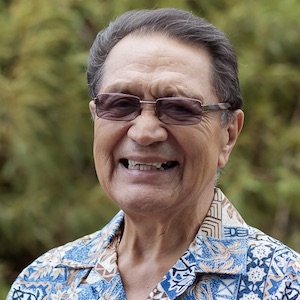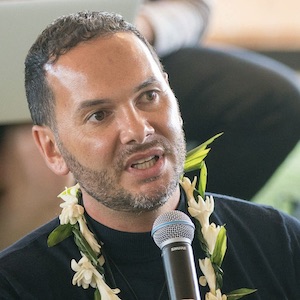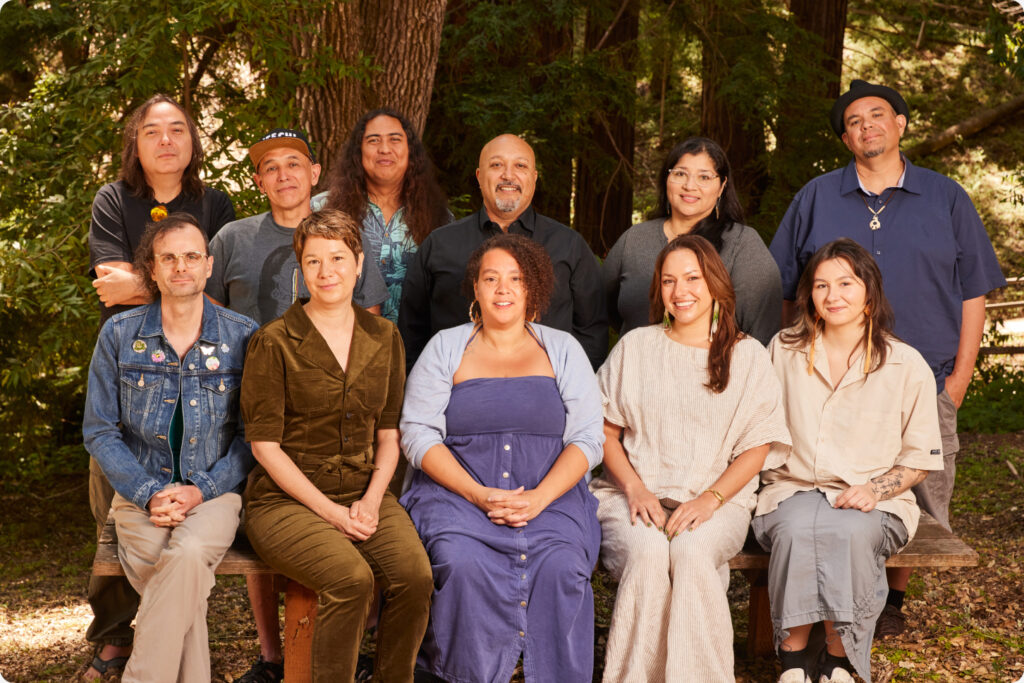
About
Abundant Intelligences is an Indigenous-led research program that conceptualizes, designs, develops, and deploys Artificial Intelligence based on Indigenous Knowledge systems. Our approach is grounded in Indigenous epistemologies containing robust conceptual frameworks for understanding how technology can be created in ways that integrate it into existing lifeways, support the flourishing of future generations, and optimize for abundance rather than scarcity. Our goal is to develop methods for improving AI to better serve Indigenous communities through collaborating with them to explore culturally-grounded AI systems. We believe this will improve AI for all.
Discover more about the...
Our Extent
Abundant Intelligences is a six-year research program exploring how to integrate Indigenous Knowledges and Artificial Intelligence systems. It is conducted by an international research team, co-directed by Prof. Lewis at the Indigenous Futures Research Centre at Concordia University, Montreal, and Prof. Hemi Whaanga at Massey University in New Zealand. The research team currently consists of 48 co-investigators and collaborators at 13 universities/research institutes and 8 community-based organizations in Canada, the United States, and New Zealand.

Co-director
Prof.
Jason Edward Lewis
Indigenous Futures Research Centre at Concordia University
Kanaka Maoli, Samoan
Co-director
Dr.
Hēmi Whaanga
Te Putahi-a-Toi at Massey University
Māori, Ngāi Tahu, Ngāti Kahungunu, Ngāti Mamoe, Waitaha
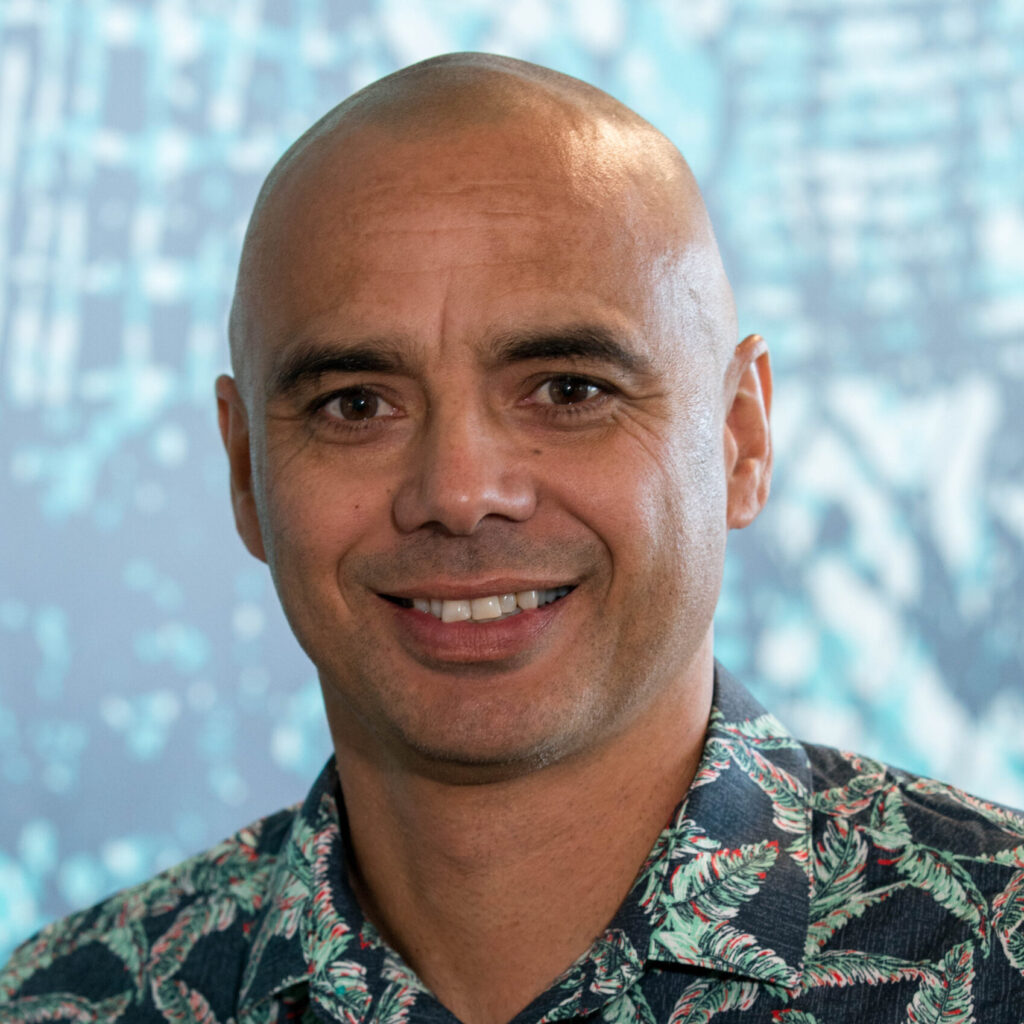
13
Universities & Research Institutes
The Abundant Intelligences program draws upon research supported by the Government of Canada’s New Frontiers in Research Fund (NFRF) and the Social Sciences and Humanities Research Council, the MacArthur Foundation, the 11th Hour Project (The Schmidt Family Foundation), and the Canada Foundation for Innovation.
8
Community-based organizations
Te Hiku Media; Thru the Red Door; Native BioData; Purple Mai’a; Indigenous Design and Innovation Aotearoa; SZKaiao Creative Studio; Te Whare Wānanga O Awanuiārangi.
Research Pods
Learn more +
Haudenosaunee Pod
Onkwehonwe Research Environment
Western University
Hiringa Te Mahara
Āpōpō Indigenous CreativeTech Hub
IDIA
Ka Hawai’i Pae ‘Āina Pod
Create(x) Lab
Ka Hawai’i Pae ‘Āina Pod
Niitsitapi Pod
Centre for Indigenous Arts Research and Techonology
University of Lethbridge
Wíhaŋble S’a Pod
Wíhaŋble S’a Lab
Bard College
Our Timeline
Our funding is for a six year program of research and research-creation, beginning March 1, 2023 and running until February 28, 2029.
Our Funders
The Abundant Intelligences program draws upon research supported by the Government of Canada’s New Frontiers in Research Fund (NFRF), the Social Sciences and Humanities Research Council, the MacArthur Foundation, the 11th Hour Project (The Schmidt Family Foundation) and the Canada Foundation for Innovation.
Our research questions are
(1)
how can we develop new computational practices within Indigenous contexts to support the flourishing of Indigenous communities?
(2)
how can we integrate and adapt existing advanced computational methods into Indigenous Knowledge systems?
(3)
how can we use the knowledge we generate to help guide the development of AI generally towards a more humane future?
We want to achieve
01
novel interdisciplinary intercultural research methodologies
02
Indigenous-grounded imaginaries of the future of AI systems
03
Indigenous-centered AI design guidelines
04
AI systems designed and prototyped using those guidelines
05
a network of respectful and reciprocal co-creation relationships between Indigenous communities, scholars and AI researchers
06
a significant increase in the number of Indigenous people trained to engage with AI technologies from within their own cultural contexts
07
increased capacity within Indigenous communities to design and build such systems
08
AI-related scientific and engineering innovation beyond Indigenous contexts
We will do this by
We operate along three axes
Integrations
The Integrations Axis explores how Indigenous Knowledge practices and frameworks can be synthesized with the mainstream knowledge frameworks used by AI researchers.

Imaginaries
The Imaginaries Axis develops future imaginaries and speculative designs of Indigenous AI to conceptualize novel AI systems better suited to Indigenous flourishing.
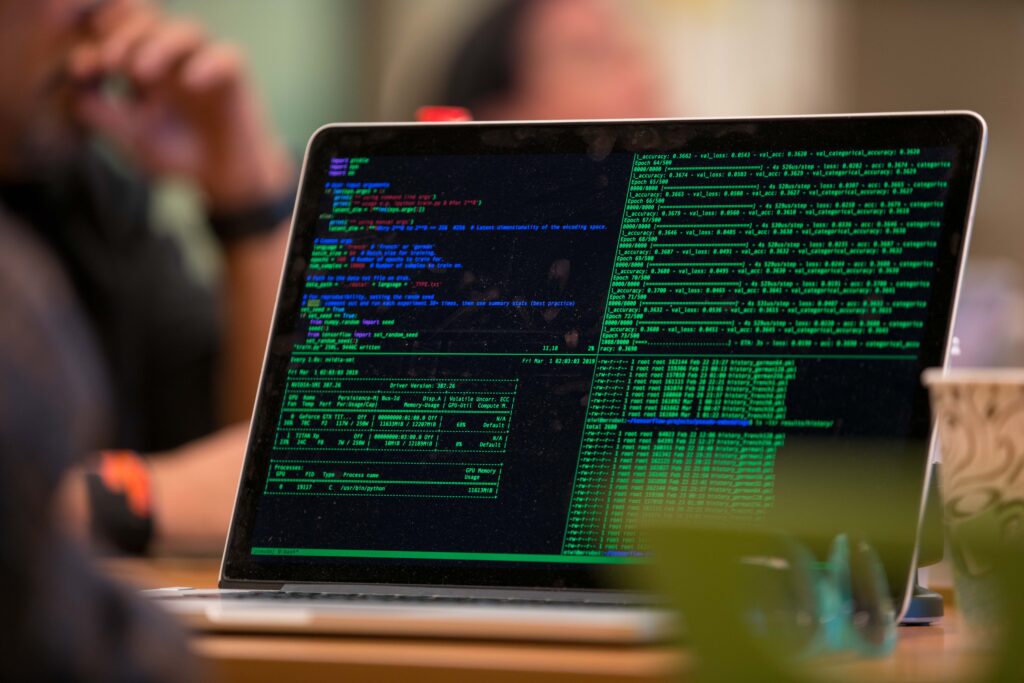
Intelligences
The Intelligences Axis brings Indigenous perspectives to bear on technical challenges currently facing AI research as it attempts to better understand ways of translating human intelligence(s) into machine intelligence(s).
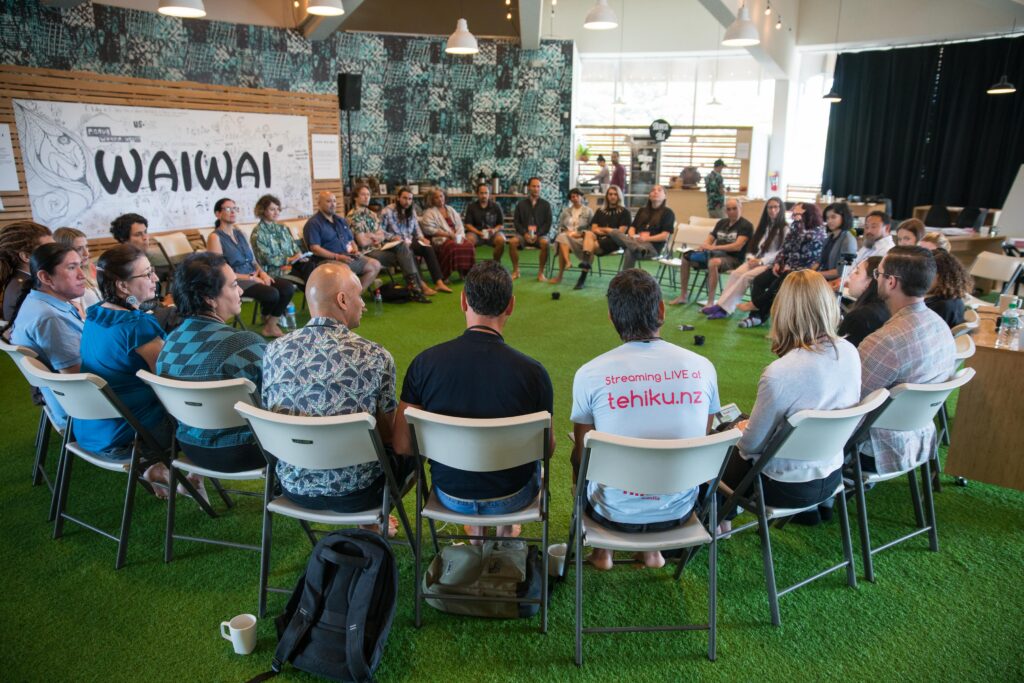
We are interested in
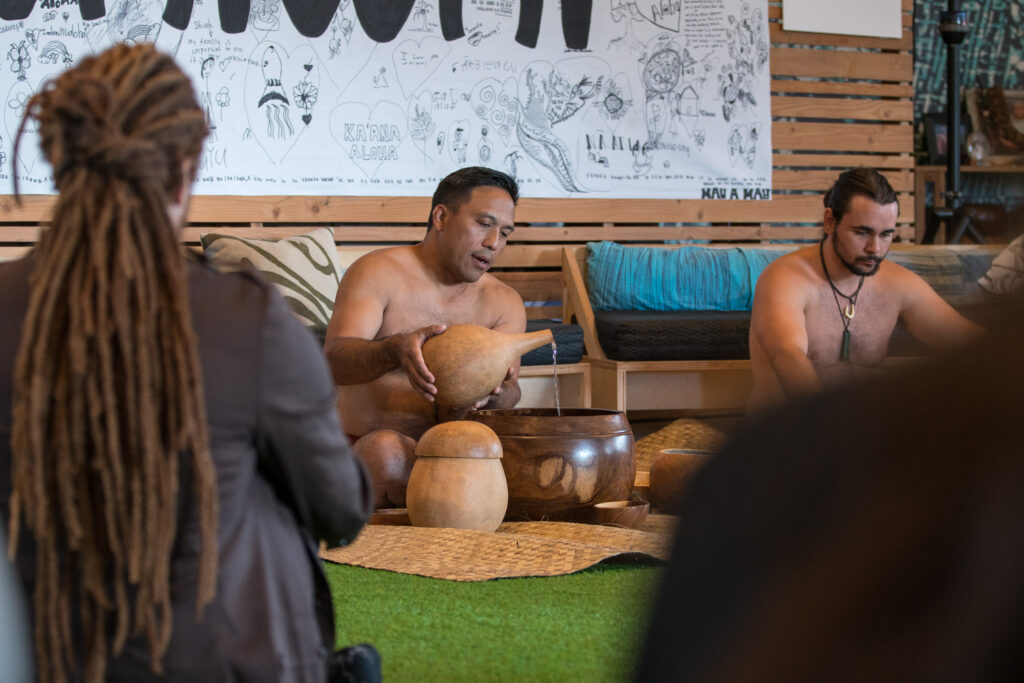
Language
expanding the range of linguistic structures and language densities that Natural Language Processing (NLP) systems can robustly and appropriately handle.
Storytelling
Drawing on Indigenous storytelling and oral traditions to assist in developing more robust, contextualized machine understandings of the stories humans tell to articulate and disseminate knowledge.
Environmental stewardship
Exploring how traditional Indigenous land management and stewardship practices can inform AI-driven land management and restoration systems.
Socio-Neuro AI
Using the diversity and heterogeneity of IK systems to help develop better models for understanding how humans draw on their socio-cultural context to learn and make decisions, and how situated socio-cultural intelligences can be modeled into AI systems.
Multi-agent Systems
Developing more robust approaches to how diverse agents might interact with each other given socio-cultural context, including modeling of both human and non-human actors.
Discover more



